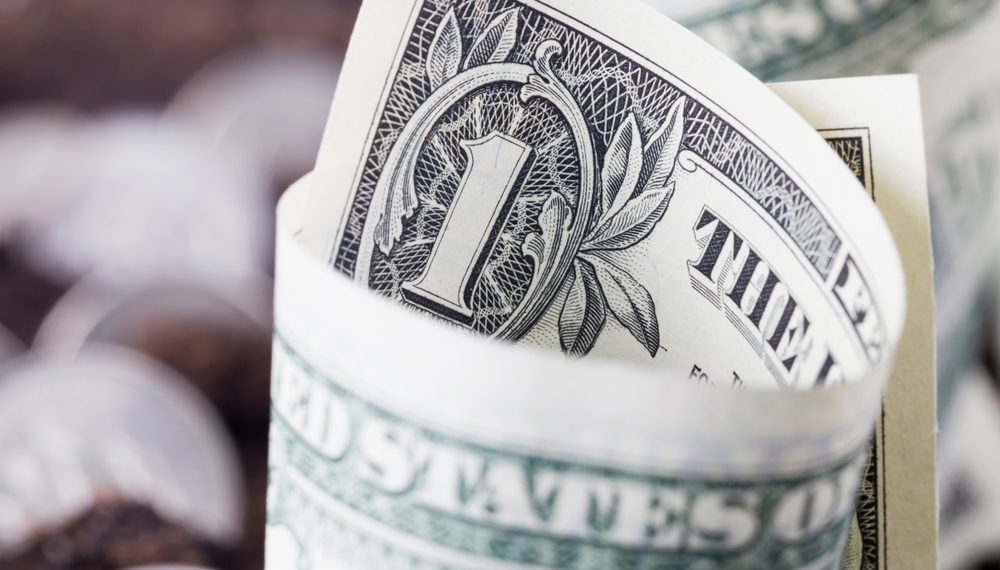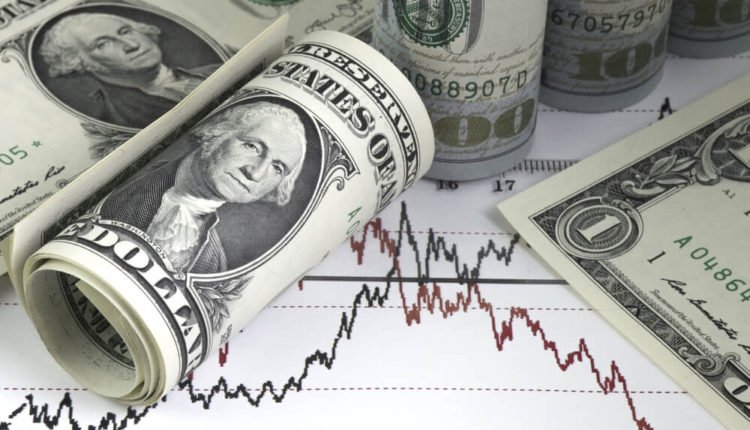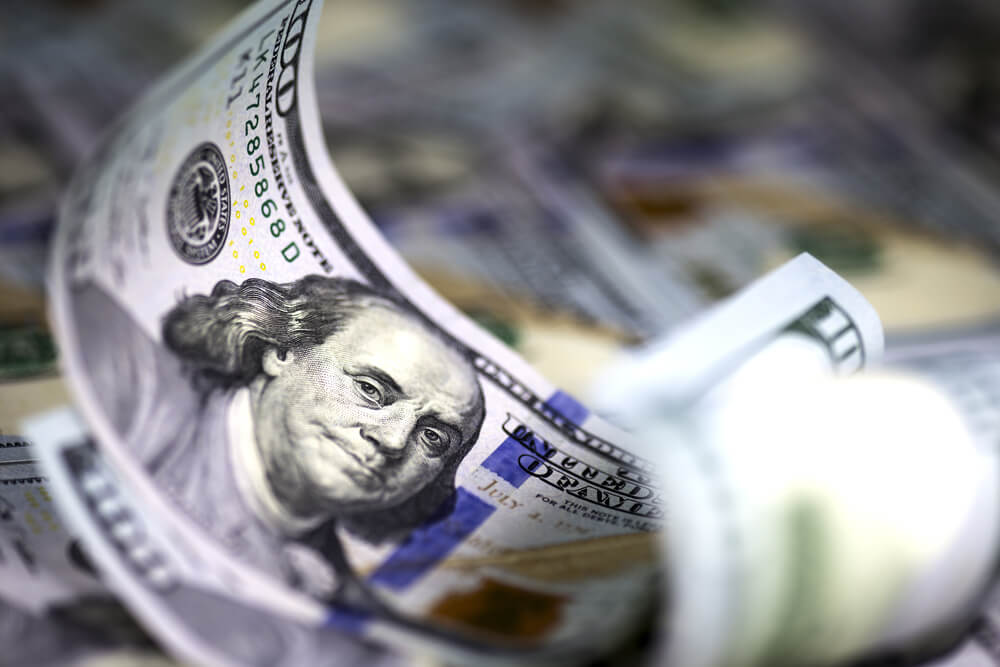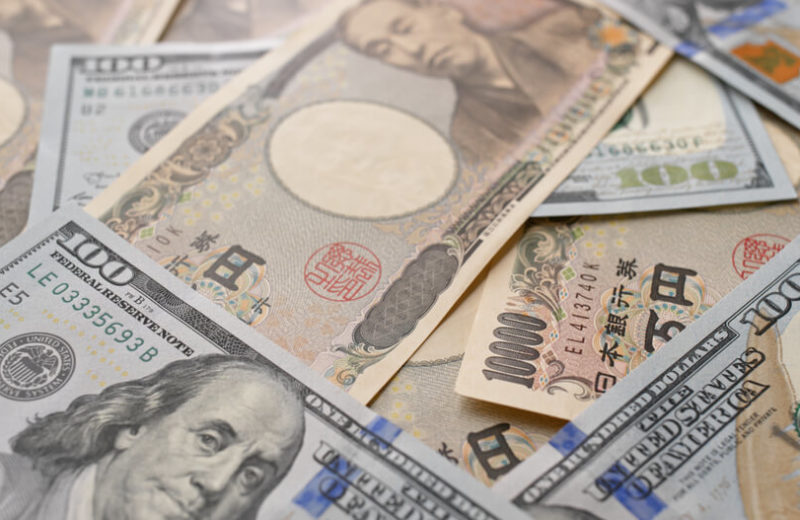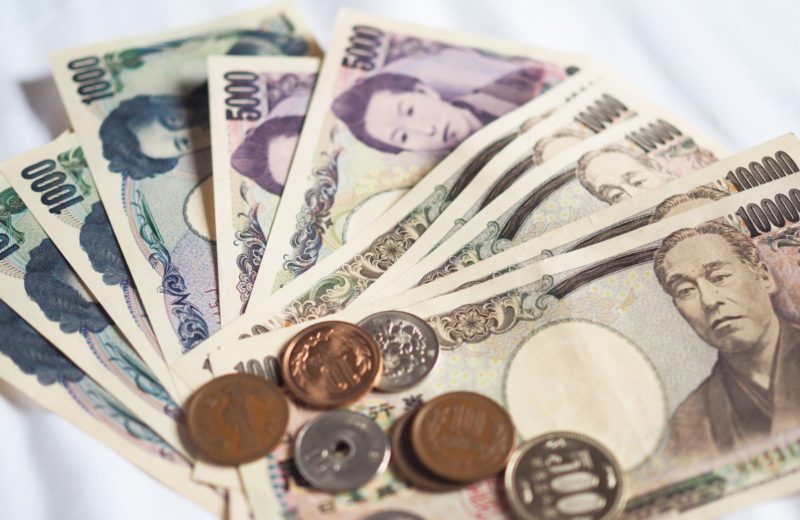Policymakers were expected to send a message at the European Central Bank meeting that they will prevent bond yields from rising further. Moreover, from harming the bloc’s economic outlook.
The ECB is expected to signal faster money printing but stop short of adding to its already aggressive policy package.
The bank’s policy decision will be at 1245 GMT, and then a news conference at 1330 GMT.
On Thursday, the dollar index fell to its lowest in a week early in European session. There was a mild “risk on” tone in currency markets, as attention turned to the ECB’s policy meeting.
On Wednesday, softer consumer prices data in the United States helped to ease fears about a possible spike in inflation. That’s when economies re-open from the COVID-19 pandemic. U.S. Treasury yields were down from their recent spike.
According to analysts at ING, they do not expect the euro to be the focus of discussion, since it has fallen since the previous meeting. The EUR/USD pair is being more driven by dollar-related factors such as Treasury yields, ING said.
The dollar was down around 0.2% at 91.606 at 0834 GMT. It has dropped from the three month high of 92.506 it reached on Tuesday.
The euro was around 0.3% higher against the greenback, at $1.19585. So far this year, it has declined 2.1%.
Currency Markets
In other parts of the globe, currency markets showed signs of mildly increased risk appetite.
The antipodean Australian and New Zealand dollars were up for the third session in a row. They were both at their highest in a week versus the USD, supported by rising commodity prices.
In just over a year against the euro,the Norwegian crown was at its strongest, with the pair changing hands at 10.032 at 0818 GMT.
Later in the day, attention will be on an auction of 30-year U.S. Treasuries. Wednesday’s auction of 10-year notes drew sufficient demand. It was helping to allay issues about investors’ ability to absorb an increase in debt needed to finance the response to the pandemic.
The Swiss franc edged down against both dollar and euro.
The Japanese yen slid around 0.2% versus the dollar at 108.605.
U.S. President Joe Biden’s $1.9 trillion COVID-19 relief bill winning final approval in the House of Representatives on Wednesday also aids the improved risk appetite.


